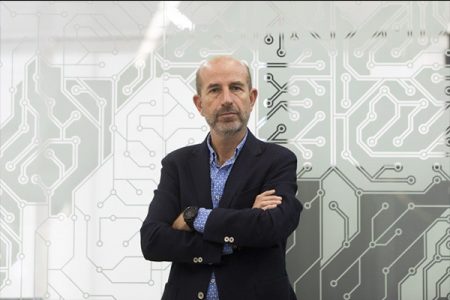The company is planning to launch its LEO nanosatellite constellation next year to offer a global and massive IoT service.

Satellite telecommunications operator Sateliot, which hopes to provide global and continuous connectivity to all the elements of the Internet of Things (IoT), is advocating for nanosatellite technology to democratise 5G in space and telecommunications industry.
The company, which will launch its LEO nanosatellite constellation next year to offer a global and massive IoT service, has in recent days participated in the meetings of the 3GPP with the aim of reaching a consensus on the integration of satellite networks and IoT protocols into the 5G standard.
The 3GPP is responsible for defining the new 5G standard and the maintenance and evolution of the previous 2G, 3G and 4G generations.
The space sector is experiencing a new paradigm in which sizes, costs and times are being reduced, giving rise to genuine ‘democratisation of space’, with more competitive innovation cycles and more possibilities of deploying not one but tens or hundreds of satellites progressively to provide services on a global scale.
So when defining the standards, it is important to take into account that, if only large geostationary satellites the size of a bus, developed over decades and priced between $100-500m, were previously able to provide a multitude of services through satellites the size of a microwave, developed in a matter of months and priced between $1-5m.
It is precisely this revolution that has led Sateliot to implement its business model and propose its roaming service to telecommunications operators, offering them the capacity of its nanosatellites, which act as telecommunications towers from space, as an extension of coverage where terrestrial networks cannot reach.
Thus, space is configured as one of the great motors of the economy due to its high added value, its capacity to generate employment and large investments in the coming years. In fact, in Spain alone in 2019 this sector moved nearly one billion euros and contributed 0.5% to the national GDP. Moreover, our country is in the top five European countries by the number of employees in this industry, according to TEDAE figures.
Marco Guadalupi, co-founder and CTO of Sateliot said: “Our participation in the 3GPP meetings together with telecommunications and space giants puts us in the front line to promote our proposals in the development of the 5G IoT standard where the possibilities of nanosatellites are almost infinite.”














































































